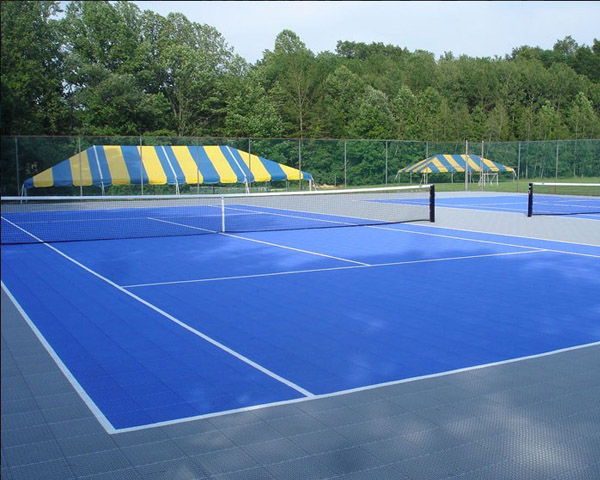1 月 . 28, 2025 04:02 Back to list
types of interlock tiles
Interlock tiles have surged in popularity, thanks to their durability, aesthetic versatility, and eco-friendliness. For anyone considering a renovation or landscaping project, it's essential to comprehend the various interlock tile types to maximize their potential and meet specific needs effectively.
Stone interlock tiles provide a natural and luxurious appeal, offering unmatched beauty and uniqueness with each piece. Made from materials like granite, slate, and limestone, these tiles are renowned for their remarkable strength and weather resistance. Ideal for enhancing the elegance of patios and garden paths, stone tiles require skilled installation to ensure stability and maximize their lifespan. They are an investment that can significantly boost the value of a property. For those looking for sustainable options, permeable interlock tiles are designed to manage stormwater runoff effectively. These eco-friendly tiles are engineered to allow water to percolate through the surface, reducing surface water runoff and improving groundwater levels. Perfect for environmentally-conscious homeowners, permeable tiles are often used in driveways, parking lots, and patios. Their installation can help comply with local water management regulations and contribute to sustainable development goals. When selecting interlock tiles, several factors must be considered the intended use, environmental conditions, aesthetic preferences, and budget constraints. Installation quality is equally crucial, as improper laying can lead to uneven surfaces and compromised durability. Consulting with professionals can ensure that the chosen tiles are suitable for the particular application and that they are installed correctly to deliver optimal performance. Interlock tiles are more than just a paving choice; they are an integral element of exterior design that adds value, beauty, and functionality to a property. By understanding the different types of tiles and their specific benefits, homeowners and landscape designers can make informed decisions that transform outdoor spaces into lasting impressions. Quality installation and maintenance will further enhance the benefits and ensure that the interlocked surfaces serve their purpose effectively and beautifully over time.


Stone interlock tiles provide a natural and luxurious appeal, offering unmatched beauty and uniqueness with each piece. Made from materials like granite, slate, and limestone, these tiles are renowned for their remarkable strength and weather resistance. Ideal for enhancing the elegance of patios and garden paths, stone tiles require skilled installation to ensure stability and maximize their lifespan. They are an investment that can significantly boost the value of a property. For those looking for sustainable options, permeable interlock tiles are designed to manage stormwater runoff effectively. These eco-friendly tiles are engineered to allow water to percolate through the surface, reducing surface water runoff and improving groundwater levels. Perfect for environmentally-conscious homeowners, permeable tiles are often used in driveways, parking lots, and patios. Their installation can help comply with local water management regulations and contribute to sustainable development goals. When selecting interlock tiles, several factors must be considered the intended use, environmental conditions, aesthetic preferences, and budget constraints. Installation quality is equally crucial, as improper laying can lead to uneven surfaces and compromised durability. Consulting with professionals can ensure that the chosen tiles are suitable for the particular application and that they are installed correctly to deliver optimal performance. Interlock tiles are more than just a paving choice; they are an integral element of exterior design that adds value, beauty, and functionality to a property. By understanding the different types of tiles and their specific benefits, homeowners and landscape designers can make informed decisions that transform outdoor spaces into lasting impressions. Quality installation and maintenance will further enhance the benefits and ensure that the interlocked surfaces serve their purpose effectively and beautifully over time.
Share:
Next:
Latest news
-
Custom Pickleball Court Solutions Convert Tennis & Indoor Builds
NewsMay.30,2025
-
Outdoor Pickleball Court Costs Build & Install Pricing Guide
NewsMay.30,2025
-
Premium Pickleball Sports Courts Custom Design & Installation
NewsMay.30,2025
-
Indoor Pickleball Courts Tennis Court Conversion & Custom Builds Tempe
NewsMay.29,2025
-
Professional Pickleball Court Installation & Tennis Court Conversions
NewsMay.29,2025
-
Grey Synthetic surface-rubber prefabricated track
NewsMar.07,2025

